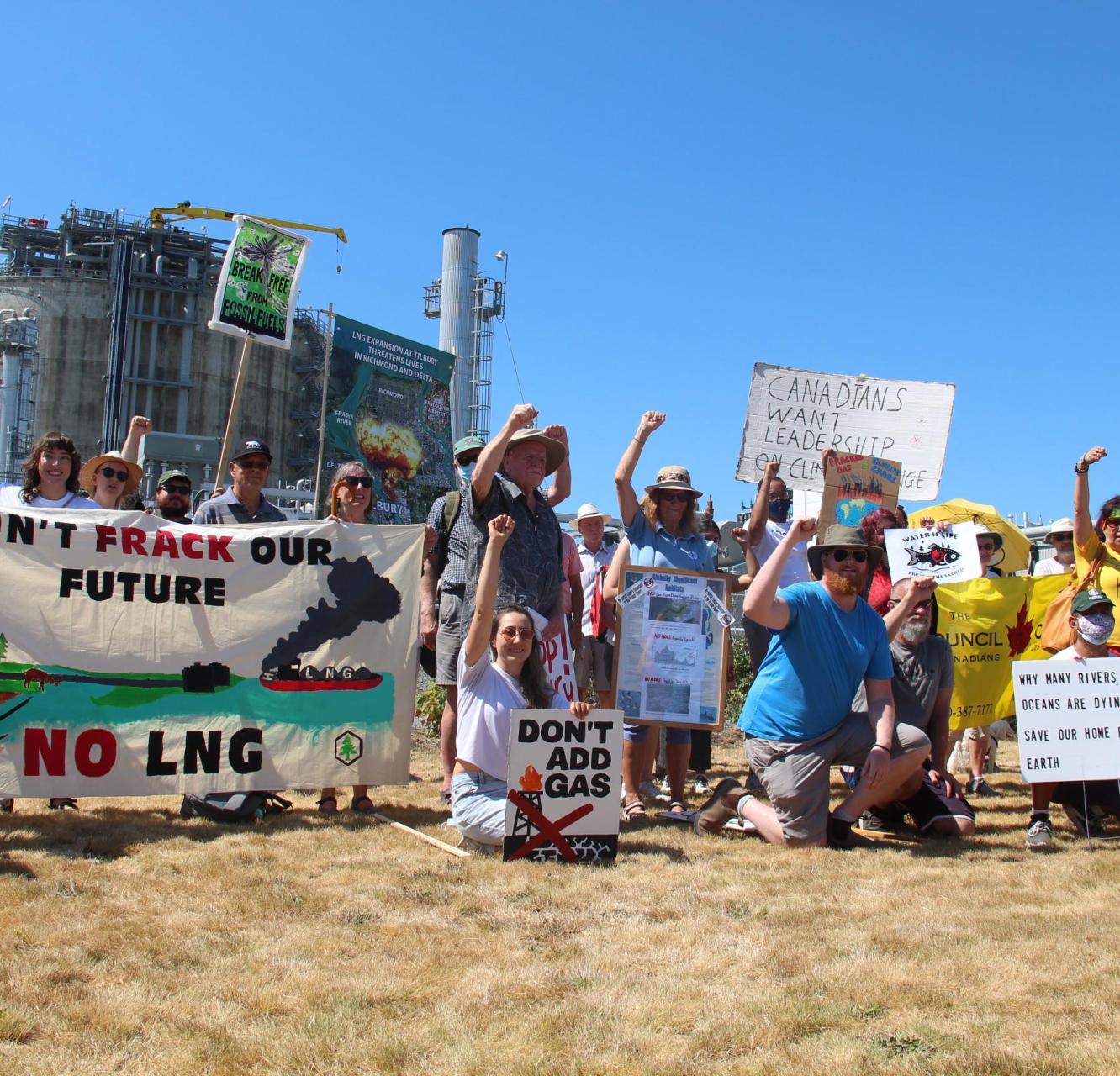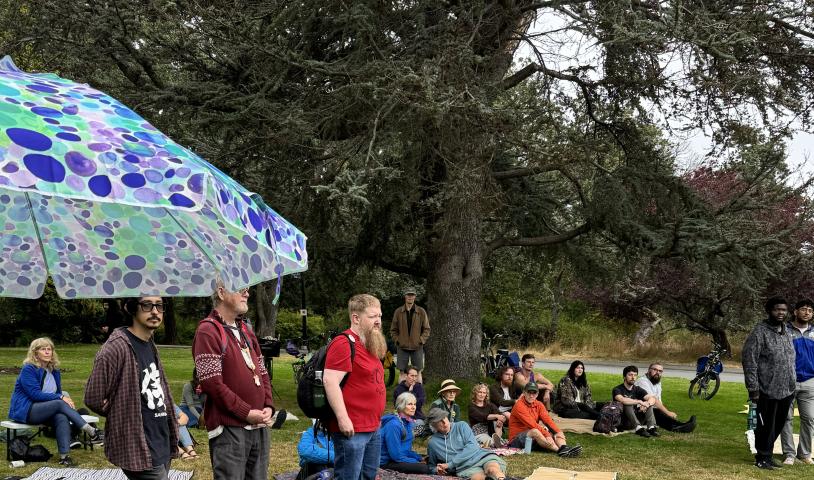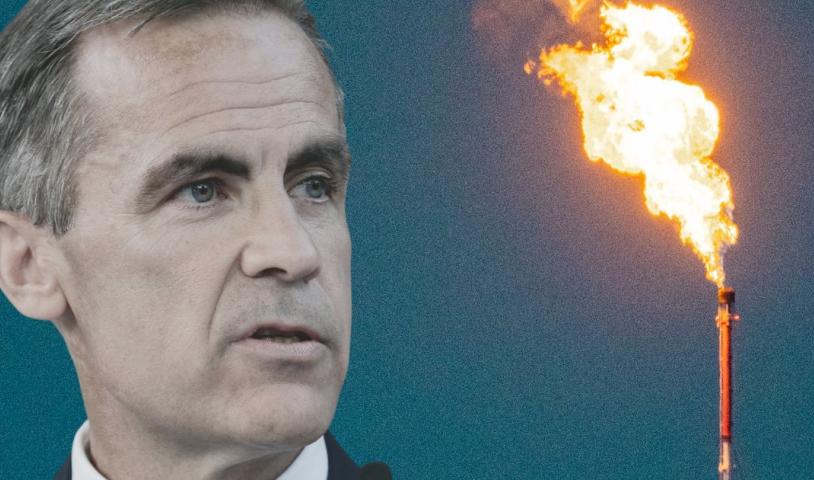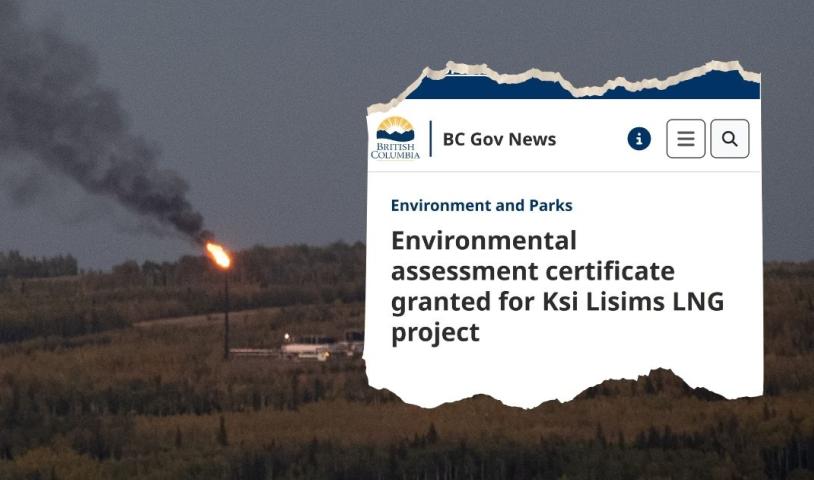New federal review measures miss the mark on climate
Wednesday, January 27, 2016
News Release
True climate test should spell end for fossil fuel projects
VANCOUVER, BC – The Wilderness Committee is cautiously optimistic about new measures announced today for federal assessments of major resource projects, which include a review of associated climate impacts and additional consultation with Indigenous communities.
Unfortunately, the additional rules announced today ignore downstream climate impacts of pipelines and LNG projects, which encompass the bulk of the emissions that take place when the oil or gas is burned.
“This is an important step forward, but the most significant climate impacts – the ones that occur when the fuels are burned – still aren’t being considered,” said Peter McCartney, Climate Campaigner at the Wilderness Committee.
“New LNG terminals and tar sands pipelines like Kinder Morgan’s are incompatible with a livable climate. A true climate test would leave regulators with no choice but to reject these projects.”
Canada’s Natural Resources Minister and Environment Minister made an announcement about the new process this afternoon. They confirmed that ongoing pipeline reviews for the Kinder Morgan and Energy East pipelines would not go back to square one, but would receive additional scrutiny to address upstream climate impacts.
“Tacking on some window dressing doesn’t make these projects any less of a climate catastrophe,” said McCartney. “New fossil fuel infrastructure simply can’t be built if we are to meet the climate goals world leaders committed to in Paris just last month.”
At the COP21 climate conference in December, Canada’s new government committed to try to keep global warming to 1.5 degrees Celsius above pre-industrial levels. The Wilderness Committee and other environmentalists are concerned that the new climate test may excuse these projects because most of the associated emissions come once the fuel has left Canada.
“We’ve come a long way from a process that wouldn’t even acknowledge climate change. Now we need to make sure that the full impact of these projects is taken into account,” McCartney said.
–30–
For more information, please contact:
Peter McCartney | Climate Campaigner, Wilderness Committee
778-239-1935, peter@wildernesscommittee.org





